Flagellum Drawing, Web nearly all bacteria that swim use the same propeller:
Flagellum Drawing - Web a flagellum (/ f l ə ˈ dʒ ɛ l əm /; A universal joint called the hook connects the filament to the motor, translating the rotation. These are unbranched, long, thread like structures, mostly composed of the protein flagellin, intricately embedded in the cell envelope. The term ‘flagellum’ is the latin term for whip indicating the long slender structure of the flagellum that resembles a. Bacteria and archaea both have an organelle called the flagellum that resembles a filamentous thread. This will also help you to draw the structure and diagram of fungal flagella. The depicted type of flagellum is found in bacteria such as e. Prokaryotic cells are much smaller than eukaryotic cells, have no nucleus, and lack organelles. The word flagellum in latin means whip, just like the whipping motion flagella (plural) often use for locomotion. Most protozoa and some bacteria are motile. The term ‘flagellum’ is the latin term for whip indicating the long slender structure of the flagellum that resembles a. Drawing of flagella stock illustrations. When present, the cell has just one flagellum or a few flagella. The flagellum is a supramolecular complex composed of about 30. The word “flagellum” means “whip”. Web i always found these diagram very challenging to draw therefore invented some easy ways to draw them. Web this technique is used to visualize the presence and arrangement of flagella for the presumptive identification of motile bacterial species. Protozoa use flagella, cilia, or pseudopods, whereas motile bacteria move only using flagella. Most protozoa and some bacteria are motile. When. Web flagella (singular, flagellum) are the locomotory structures of many prokaryotes. They are composed of a filament, hook, and basal body, which work together to generate torque and propel the bacterium forward. In a flagellum, several symmetrical undulatory waves pass. Drawing of flagella stock illustrations. Protozoa use flagella, cilia, or pseudopods, whereas motile bacteria move only using flagella. See all videos for this article. Coli and salmonella , and rotates like a propeller when the bacterium swims. Four types of flagella and flagellar arrangements. They are composed of a filament, hook, and basal body, which work together to generate torque and propel the bacterium forward. Many also have a capsule or slime layer made of polysaccharide. Many also have a capsule or slime layer made of polysaccharide. The term ‘flagellum’ is the latin term for whip indicating the long slender structure of the flagellum that resembles a. Web nearly all bacteria that swim use the same propeller: Most protozoa and some bacteria are motile. A universal joint called the hook connects the filament to the motor,. Movement and chemotaxis are made possible by the motile organelle known as the flagellum. The depicted type of flagellum is found in bacteria such as e. Movement of eukaryotic flagella in real time and slow motion. Web i always found these diagram very challenging to draw therefore invented some easy ways to draw them. Web in this article we will. Web introduction of flagella. This will also help you to draw the structure and diagram of fungal flagella. Most protozoa and some bacteria are motile. Bacteria and archaea both have an organelle called the flagellum that resembles a filamentous thread. Take a microscopic look at how a eukaryotic flagellate's flagellum propels the organism through water. Drawing of flagella stock illustrations. The depicted type of flagellum is found in bacteria such as e. Specialized flagella in some organisms are also used as sensory organelles that can detect changes in temperature. Difference between cilia and flagella. Four types of flagella and flagellar arrangements. Web microbiology | bacteriology. The term ‘flagellum’ is the latin term for whip indicating the long slender structure of the flagellum that resembles a. The word flagellum in latin means whip, just like the whipping motion flagella (plural) often use for locomotion. In a flagellum, several symmetrical undulatory waves pass. The bacterial flagellum is a locomotive organelle that propels the. Web flagella (singular, flagellum) are the locomotory structures of many prokaryotes. Take a microscopic look at how a eukaryotic flagellate's flagellum propels the organism through water. Coli and salmonella , and rotates like a propeller when the bacterium swims. Most protozoa and some bacteria are motile. They are composed of a filament, hook, and basal body, which work together to. Web microbiology | bacteriology. Bacteria and archaea both have an organelle called the flagellum that resembles a filamentous thread. When present, the cell has just one flagellum or a few flagella. Protozoa use flagella, cilia, or pseudopods, whereas motile bacteria move only using flagella. Take a microscopic look at how a eukaryotic flagellate's flagellum propels the organism through water. Web i always found these diagram very challenging to draw therefore invented some easy ways to draw them. Most protozoa and some bacteria are motile. This will also help you to draw the structure and diagram of fungal flagella. Web nearly all bacteria that swim use the same propeller: Web a flagellum (/ f l ə ˈ dʒ ɛ l əm /; When present, the cell has just one flagellum or a few flagella. The word flagellum in latin means whip, just like the whipping motion flagella (plural) often use for locomotion. Web in this article we will discuss about the structure and kinds of fungal flagella. These are unbranched, long, thread like structures, mostly composed of the protein flagellin, intricately embedded in the cell envelope. Four types of flagella and flagellar arrangements. The bacterial flagellum is a locomotive organelle that propels the bacterial cell body in liquid environments.
Download Bacteria, Flagellum, Capsule. RoyaltyFree Vector Graphic

Overview of the structure of a flagellum. Schematic drawing of a
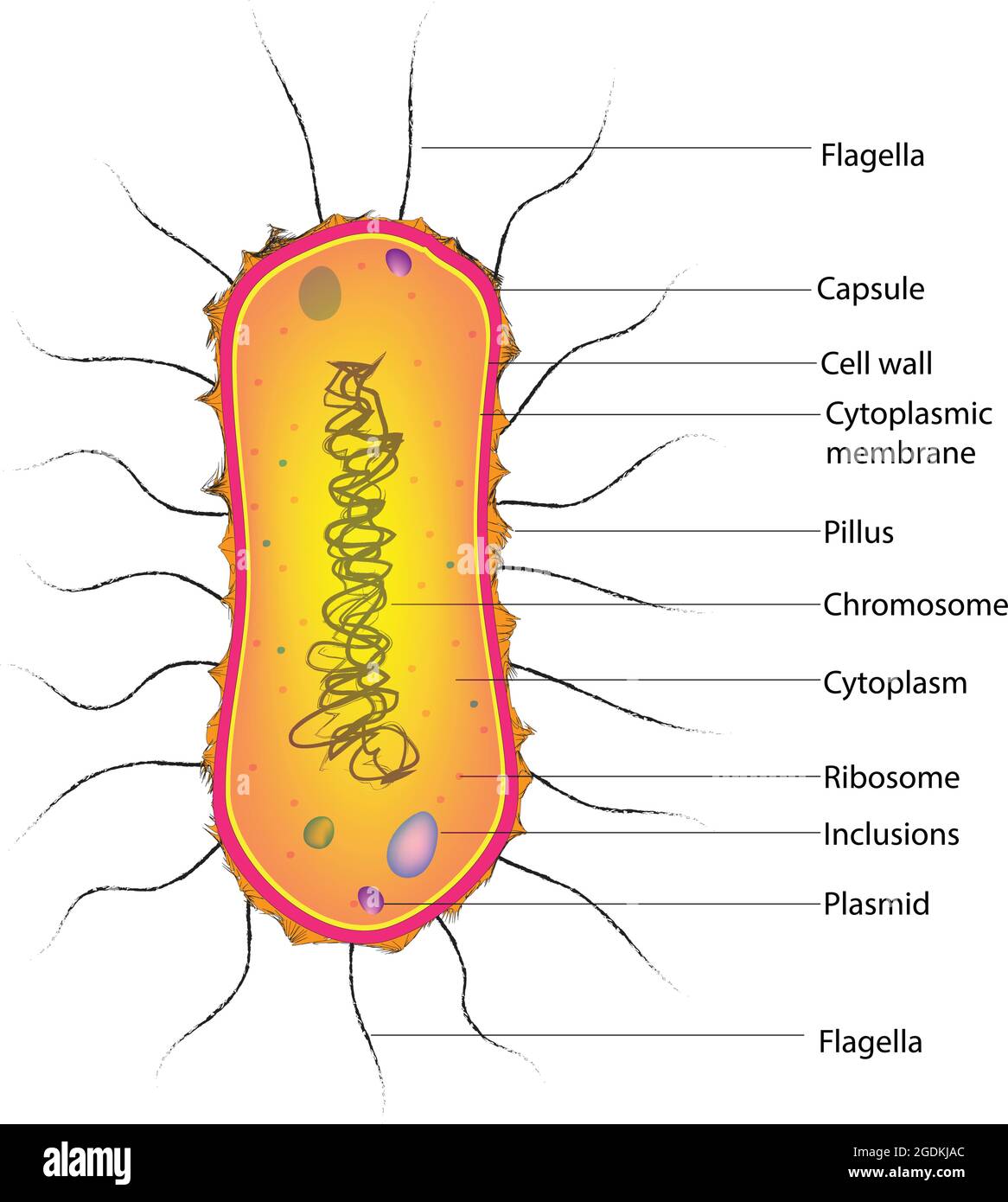
peritrichous bacteria, flagellum is a lashlike appendage that
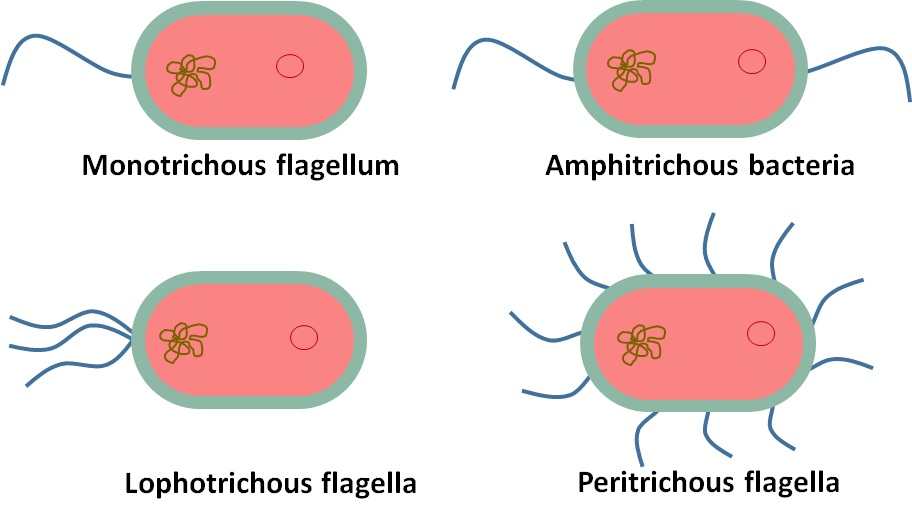
Diagram of Flagella Definition, Types, Structure and Function
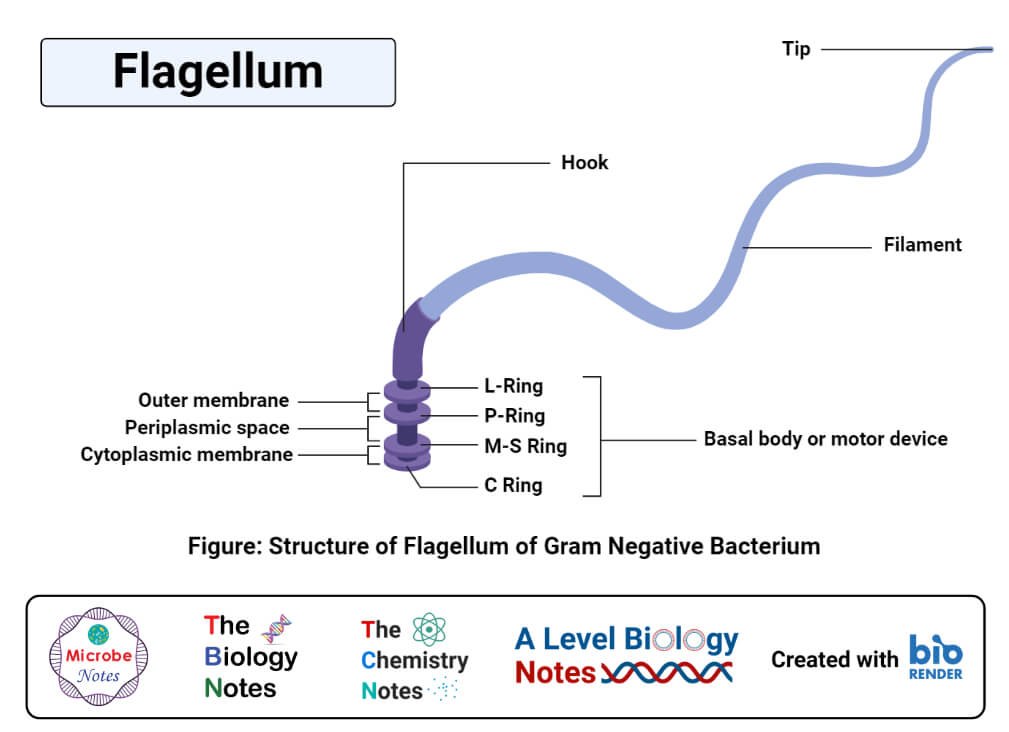
Flagella Structure, Types, Arrangement, Functions, Examples

Flagellum structure Diagram Quizlet
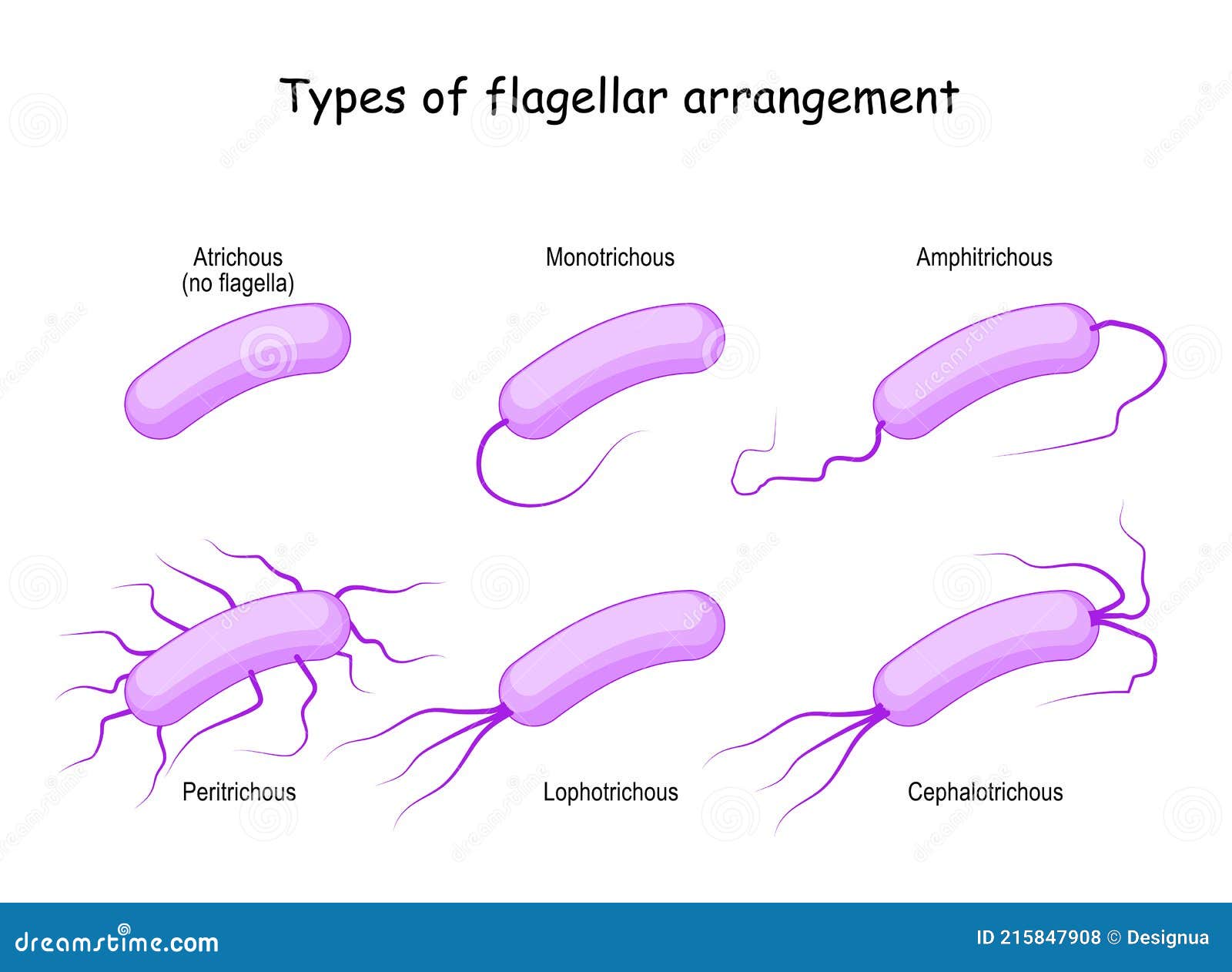
Types of Flagellar Arrangement. Bacteria Stock Vector Illustration of

Flagella Diagram
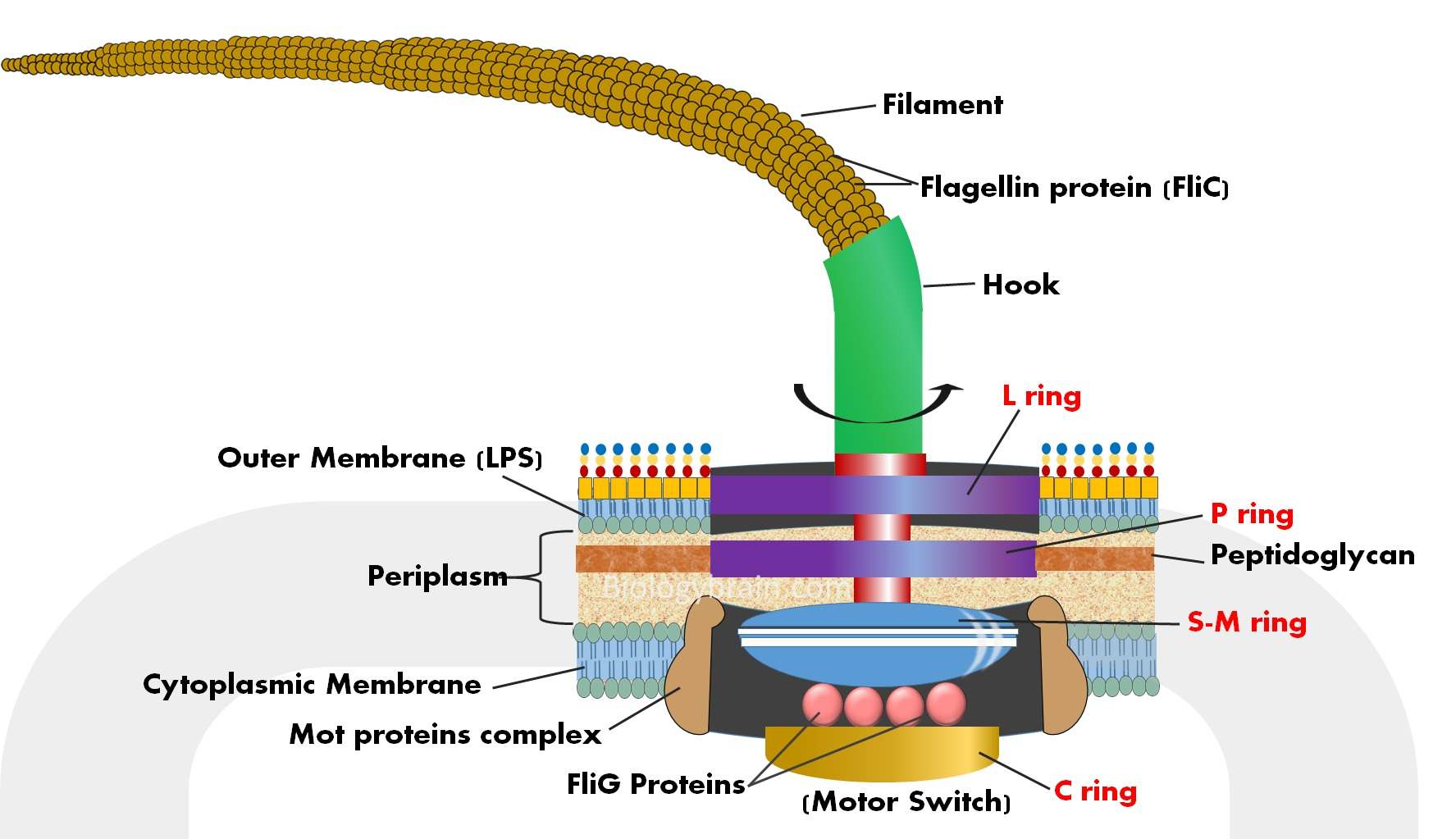
Diagram of Flagella Definition, Types, Structure and Function
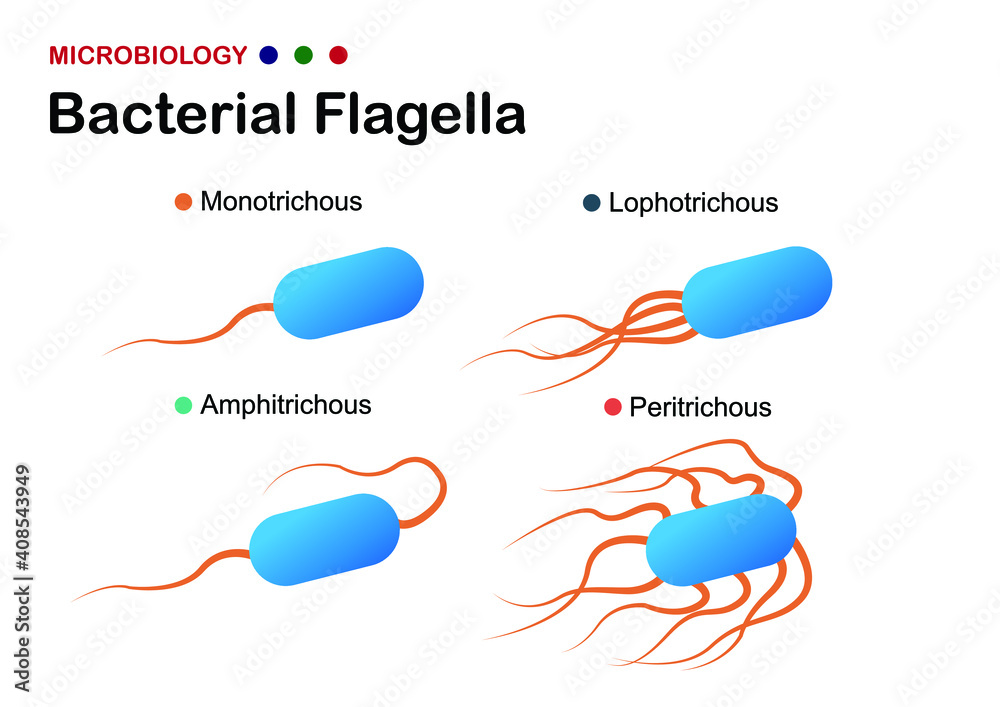
Microbiology diagram shows the arrangement of bacterial flagella
Difference Between Cilia And Flagella.
Flagella Are The Complex Filamentous Cytoplasmic Structure Protruding Through Cell Wall.
Flagella Are Too Thin To Be Visualized Using A Bright Field Microscope With Ordinary Stains, Such As The Gram Stain, Or A Simple Stain.
The Depicted Type Of Flagellum Is Found In Bacteria Such As E.
Related Post: